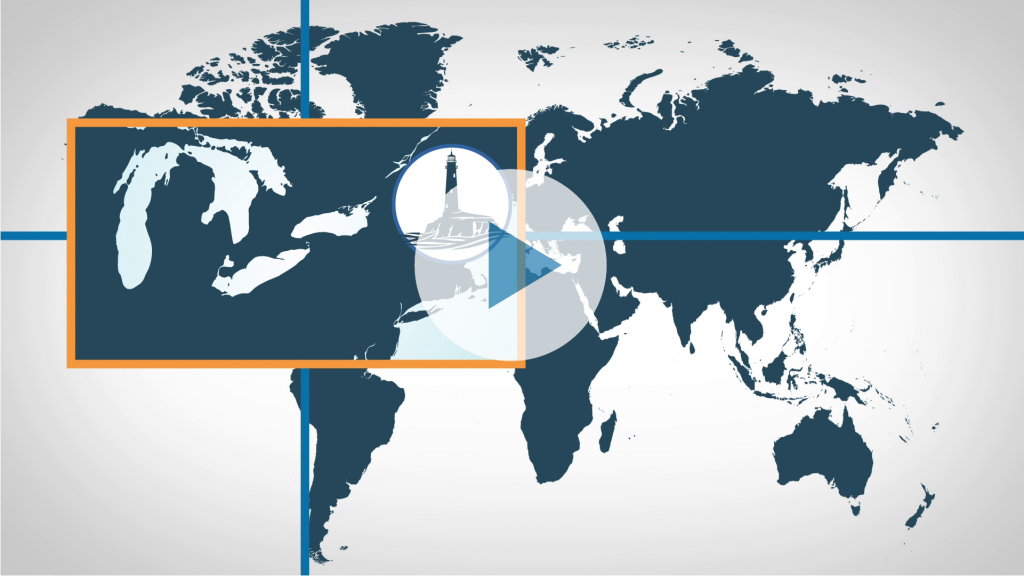Author: On Call International’s Global Security Team On Call International’s Monthly Risk Spotlight highlights events of heightened importance in assessing risk to travel and operations abroad. Asia Pacific Taiwan: Cross-Strait Relations and National Identity to be Central Themes in the Run-Up to Presidential Elections On March 18, a vocal proponent of Taiwan’s independence, Lai Ching-te,… Read more »
Search Results for: security assistance
Helping Travelers Every Day: Protests in Venezuela
From medical emergencies to security concerns—or any other travel issue big or small—here at On Call, the health and safety of the travelers we serve is our top priority. Read our latest case study for an inside look at how On Call’s Global Assistance Teams work around the clock to fulfill our mission of helping… Read more »
Medical Care in Mexico: Some (Surprising) Risks and How Travelers Can Prepare
Given Mexico’s popularity as a destination for work, school, and play, we get a lot of questions regarding medical care in the country – and how travelers can prepare accordingly. To help answer these questions, our Chief Medical Officer, Dr. William Siegart, shares his experience and insights from a recent site visit to Mexico. Read… Read more »
Monthly Risk Spotlight: March
Author: On Call International’s Global Security Team On Call International’s Monthly Risk Spotlight highlights events of heightened importance in assessing risk to travel and operations abroad. The Americas Nicaragua – A Deepening Multi-Dimensional Crisis is Destabilizing the Country The intensifying public protests against the Ortega administration that started in 2018, after the introduction of unpopular… Read more »
Helping Travelers Every Day:
Student Goes Missing in England
From medical emergencies to security concerns—or any other travel issue big or small—here at On Call, the health and safety of the travelers we serve is our top priority. Read our latest case study for an inside look at how On Call’s Global Assistance Teams work around the clock to fulfill our mission of helping… Read more »
Healthy Holiday Travel Tips and Tricks
Hotels, planes, and other public travel spaces can be a breeding ground for germs that cause cold, flu, or other infections. Luckily, there are small things that can make a big difference in preventing illness—our Chief Medical Officer, Dr. William Siegart, shares his favorite tips, tricks, and hacks for staying healthy during the busy holiday… Read more »
The Ultimate Dictionary of TRM Terms That You (and Your Organization) Should Know
Here on the On Call blog, we’ve covered all things travel risk management (TRM), with the goal of sharing information and resources that you will find helpful as you continue to enhance your organization’s travel health and safety initiatives. As part of this goal, we thought it would be useful to create a holistic ‘TRM… Read more »
Helping Travelers Every Day: Hurricane Irma Evacuation
From medical emergencies to security concerns—or any other travel issue big or small—here at On Call, the health and safety of the travelers we serve is our top priority. Read our latest case study for an inside look at how On Call’s Global Assistance Teams work around the clock to fulfill our mission of helping… Read more »
How to Align Technology and Risk Management to Optimize Study Abroad Safety and Duty of Care
Whether it’s theft, terrorism, disease, or even weather – global risks have many institutions wondering how to implement or adapt a formal traveler protection strategy. However, when students are spread across the globe, maintaining a level of proactive and continuous oversight can be challenging without the right tools and technology in place. In this blog,… Read more »
Helping Travelers Every Day: Violent Protests in Haiti
Background After the government announced a sharp increase in gasoline prices, major protests broke out in Haiti in early July 2018. These demonstrations resulted in significant disruption within the country’s capital city, Port-au-Prince, as well as other towns across the country. Roadblocks prevented many travelers from making their flights and obtaining additional supplies. At least… Read more »



